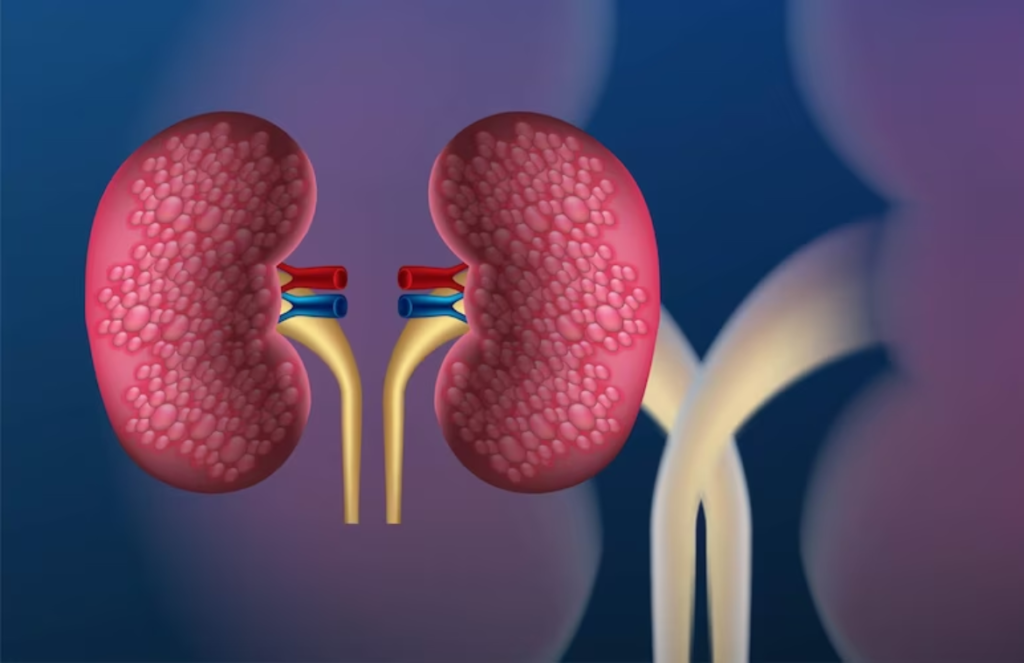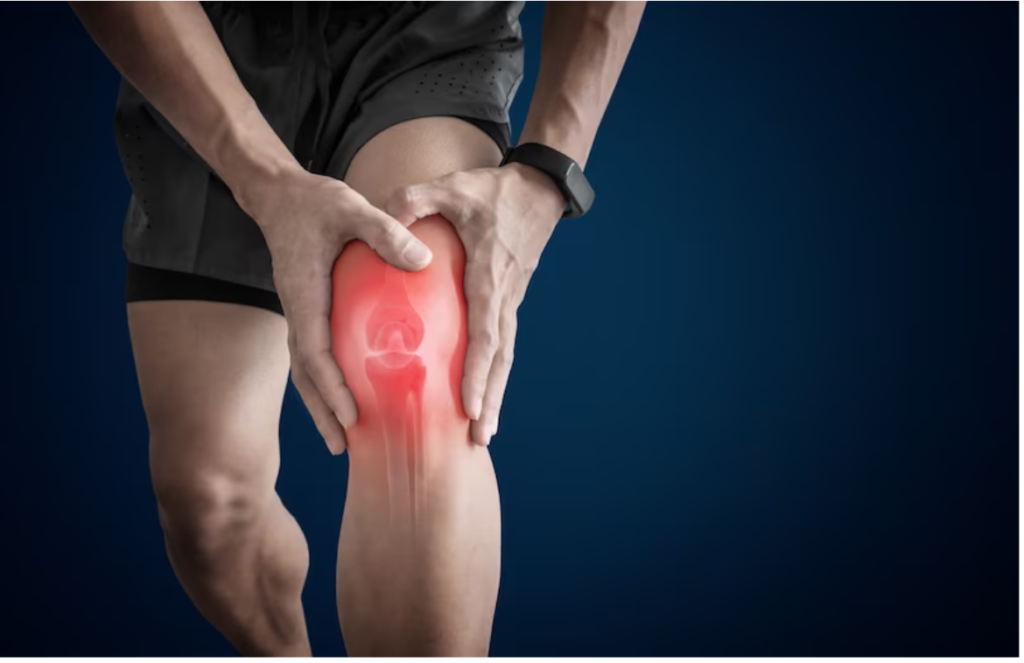Shoulder joint pain causes are numerous and can range from mild to severe, depending on the underlying cause. A few possible causes include osteoarthritis of the shoulder, a rotator cuff tear, bursitis, and shoulder joint instability.
Shoulder pain is distressful, and relief helps. Pain is bothersome, and naturally, people try their level best to seek medical help.
Symptoms of shoulder joint pain
Shoulder pain can be dull or sharp and can vary from mild to severe, depending on the cause.
The shoulder can also lose a little bit of mobility and feel stiff and swollen, thus making it difficult to perform everyday tasks.
Rotator cuff tears
The rotator cuff comprises four muscles that surround the upper arm bone, known as the humerus.
Rotator cuff tears do happen to be a common cause of shoulder pain, but they can indeed result from a sudden injury or even degenerative causes.
The tear can be partial, with small tears, or even complete, where the tendon completely separates from one’s bone.
of popping in the person’s shoulder joint following movement pain that occurs at rest or at night and can worsen when lying on
Osteoarthritis (OA)
OA happens to be the most common form of arthritis and is usually associated with injury, wear, and tear.
The onset is generally slow, developing over several years. The most common symptom of osteoarthritis is, no doubt, pain, which worsens with movement and also progresses over time. The pain will eventually continue at night and also interfere with sleep.
Other symptoms can indeed include a clicking or even cracking noise when moving, loss of mobility, and stiffness.
Tendinitis
Tendinitis refers to inflammation and swelling of the tendons in the shoulder. It often does affect the rotator cuff tendons.
Tendinitis can be either acute or chronic. Acute does mean that the pain has a sudden onset following an injury, while chronic does imply that the pain is due to long-term wear and tear.
A person tends to experience tenderness and swelling at the front of the shoulder that radiates to the side of the arm. They will also experience face pain and stiffness when lifting and lowering the arm.
The initial symptoms of tendinitis can be mild. Yet, as the condition progresses, a person experiences:
- Pain during the night.
- Loss of strength.
- Loss of motion.
Instability
Shoulder instability often occurs due to injury to the tissue or bones in one’s shoulder. It does cause the humerus bone to dislocate from the socket joint.
Symptoms:
- limited range of motion.
- pain.
- weakness.
- tenderness.
- stiffness in the shoulder.
- grinding or clicking sensation.
- tingling or burning sensation.
Young, athletic people do have a higher risk of developing the condition.
Bursitis
Bursae are small, fluid-filled sacs that develop in the joints throughout one’s body, including the shoulders. They cushion the joints and also help them move smoothly.
Excessive use of the shoulder joint can indeed cause swelling as well as inflammation. It is a common cause of shoulder pain.
Pain is indeed a common symptom of bursitis. It can occur when at rest or may also worsen with activities like:
- Lifting arms to one’s side.
- Rotating the arms.
- Applying downward pressure to one’s shoulders.
Why the pain?
A daily habit that can contribute to shoulder pain includes poor posture, repetitive movements, or not using ergonomic positions during activities or perhaps work. It is also important to consider that injuries from overuse or even trauma, particularly in younger individuals, can be a significant factor.
If experiencing persistent shoulder pain, it is better to consult a healthcare professional for a proper diagnosis as well as a treatment plan. They can indeed help determine if one’s daily habits are contributing to the pain and even suggest changes or treatments to alleviate it.
Conclusion
There are several causes of shoulder joint pain, and even daily habits cause shoulder pain.
















